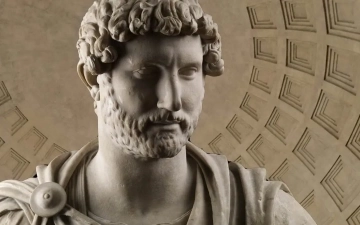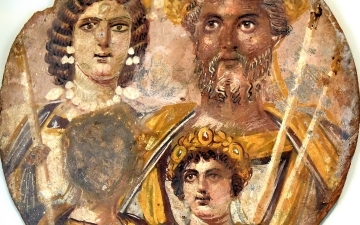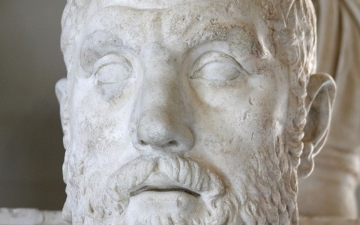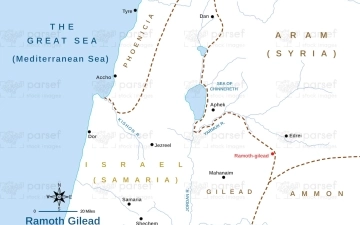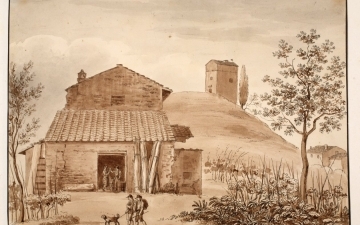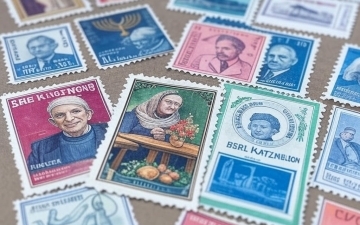Caracalla: The Emperor of Bloodshed and the Architect of Roman Citizenship
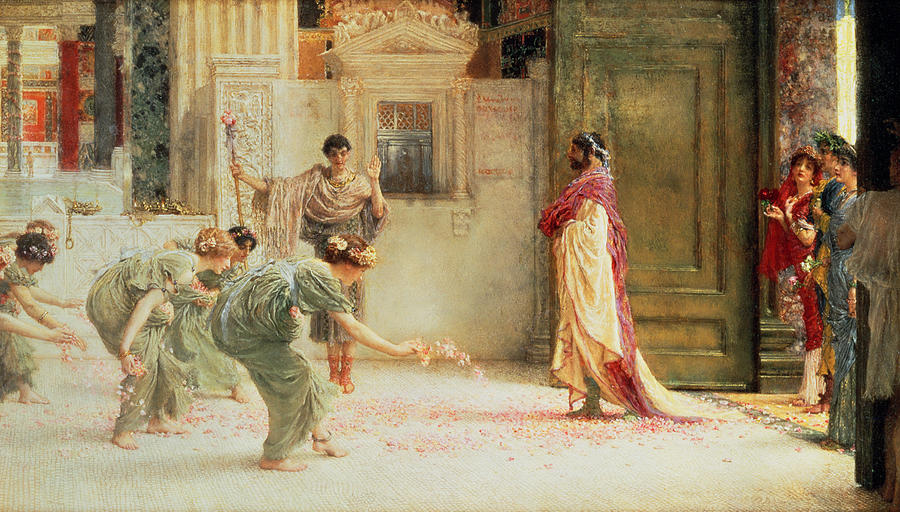
Caracalla, son of the formidable Emperor Septimius Severus, is a complex and contradictory figure in Roman history. Often remembered for his brutality and paranoia, he is equally renowned for one of the most far-reaching edicts in Roman law.
His reign was marked by a tumultuous blend of violence and reform. Shortly after ascending to power alongside his brother Geta, Caracalla engineered the assassination of his co-emperor. This fratricide, a shocking act even by Roman standards, plunged the empire into a period of fear and uncertainty. Caracalla’s paranoia grew, leading to a reign of terror marked by purges of potential rivals and the execution of countless innocent people.
Yet, amidst the blood and brutality, Caracalla also left a significant and enduring legacy. His most famous edict, the Constitutio Antoniniana, granted Roman citizenship to all free-born inhabitants of the Roman Empire. This sweeping reform had profound implications for the empire. It unified the legal system, extended Roman law to all citizens, and increased tax revenues. While motivated in part by a desire to increase tax income, the edict also represented a significant step towards the creation of a more unified Roman world.
Caracalla was also a patron of the arts and architecture. His most famous building project, the Baths of Caracalla, remains one of Rome's most impressive ancient ruins. These public baths were a testament to Roman engineering and a symbol of the empire's opulence.
However, the extravagance and brutality of Caracalla's reign ultimately undermined his authority. His assassination in 217 AD brought an end to his tumultuous rule. Despite his short life, Caracalla left an indelible mark on the Roman Empire. His legacy is a complex one, a blend of cruelty, reform, and extravagance.
Caracalla's reign serves as a stark reminder of the complexities of power and the human capacity for both great cruelty and great vision. His life and death offer a fascinating glimpse into the turbulent world of Roman imperial politics.
Related Posts
Hadrian: Building Walls and Bridges in Ancient Rome
In the annals of Roman history, Emperor Hadrian stands out as a multifaceted ruler known for his significant architectural projects, military achievements, and contributions to the empire's cultural development. His reign, from 117 to 138 CE, was marked by a commitment to both defending and connecting the vast Roman territories....
Read MoreSeptimius Severus: The General Who Became Emperor and Reformed the Roman Empire
The tumultuous period following the assassination of Commodus saw a rapid succession of emperors, each vying for power in a chaotic political landscape. Among these contenders, Septimius Severus emerged as the ultimate victor. A seasoned general with a reputation for military prowess and political acumen, Severus proved to be a...
Read MoreMacrinus: The First Equestrian Emperor and His Brief Attempt to Stabilize Rome
Opilius Macrinus, an unexpected figure in the annals of Roman history, ascended to the imperial throne in 217 AD after the assassination of Caracalla. Unlike his predecessors, who hailed from the senatorial aristocracy, Macrinus was an eques, a member of the equestrian order, a social class traditionally associated with business...
Read MoreRamoth-Gilead: The Ancient Stronghold of Israel
Ramoth-Gilead, an ancient city of great biblical and historical significance, was a major stronghold located in the region of Gilead, east of the Jordan River. The city, often mentioned in the Old Testament, played a crucial role in the territorial struggles between Israel and its neighboring nations. Today, the exact...
Read MoreSeverus Alexander: The Emperor Who Faced Down Crisis and Attempted to Restore Order
Severus Alexander, often overshadowed by the more flamboyant and controversial emperors who preceded him, was a ruler who ascended to the imperial throne at a time of profound crisis. His reign, while ultimately brief, was marked by a determined effort to restore order and stability to the Roman Empire. Grandson of...
Read MoreA Portrait of Berl Katznelson: The Role of Jewish Tradition in His Labor Zionist Thought
Berl Katznelson (1887–1944) was a towering figure in Labor Zionism, a movement that sought to combine socialist principles with the Zionist vision of a Jewish homeland in Palestine. Born in Bobruisk, Belarus, to a family steeped in Jewish tradition and Zionist ideals, Katznelson’s upbringing profoundly shaped his intellectual and ideological...
Read More

















